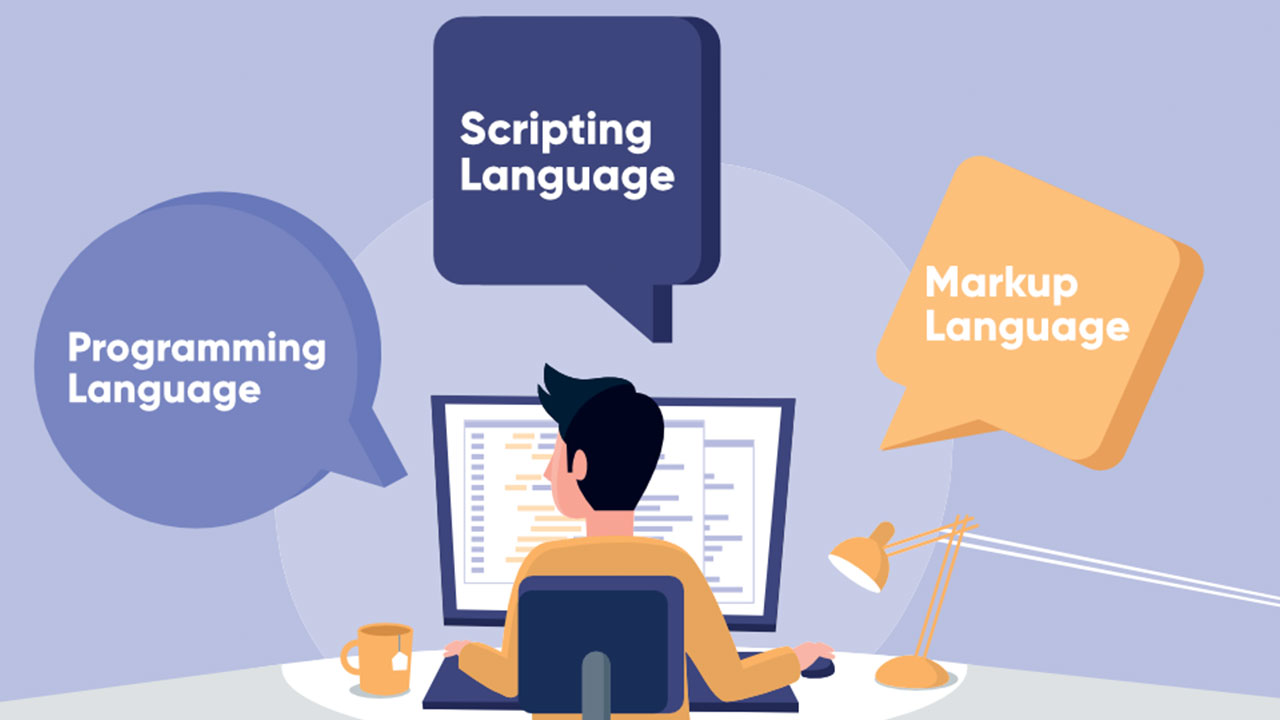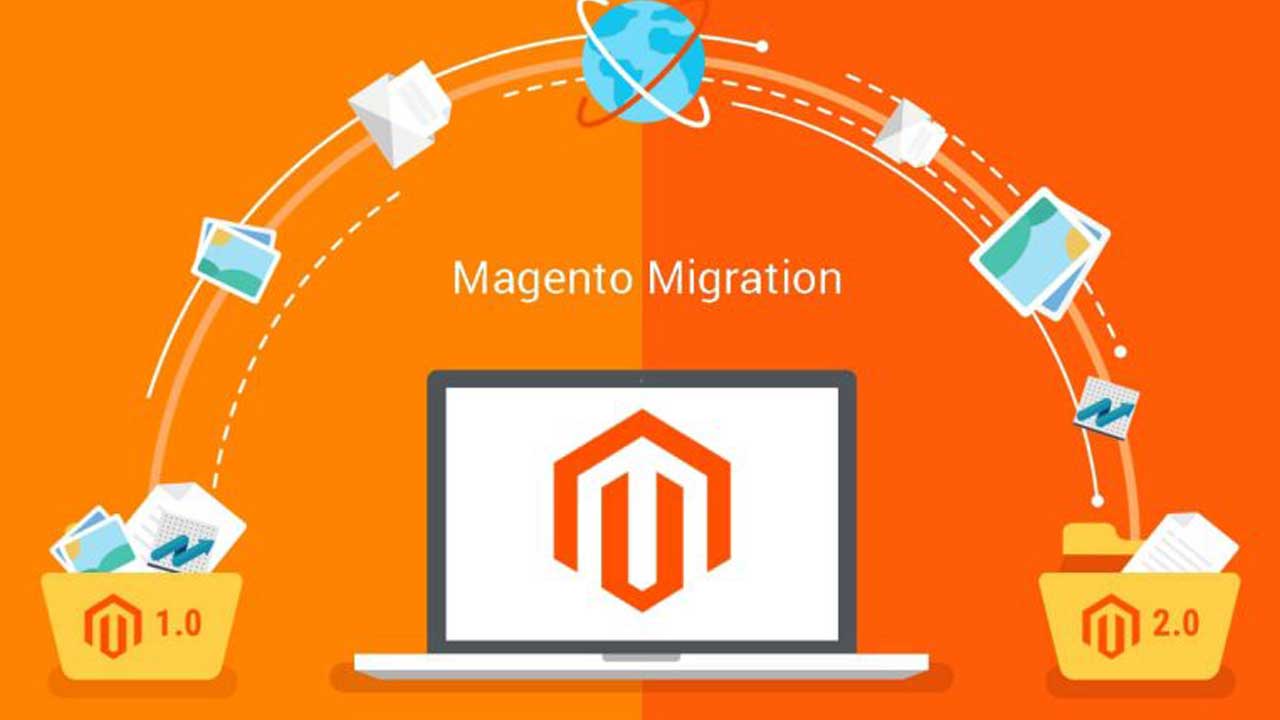PHP: Comprehensive Guide to the Scripting Language
Overview of PHP
PHP, which stands for Hypertext Preprocessor, is a widely-used open-source scripting language designed specifically for web development. It is embedded within HTML, making it highly effective for creating dynamic web pages. PHP scripts are executed on the server, and the output is sent to the client’s web browser, ensuring a smooth and interactive user experience.
Importance of PHP in Web Development
PHP powers approximately 79% of websites on the internet, including major platforms like WordPress, Facebook, and Wikipedia. Its popularity stems from its simplicity, flexibility, and extensive support for databases and web protocols. PHP’s ability to seamlessly integrate with various web technologies and databases makes it an indispensable tool for web developers.
Evolution and History of PHP
PHP was created by Rasmus Lerdorf in 1994 initially as a set of Common Gateway Interface (CGI) binaries written in C. Originally, PHP stood for Personal Home Page. Over the years, it evolved into a robust programming language, with the release of PHP 3.0 in 1997 marking its official naming as “PHP: Hypertext Preprocessor.” Since then, PHP has undergone significant advancements, with PHP 7 introducing substantial performance improvements and PHP 8 bringing modern features and syntactical enhancements.
Key Features of PHP
Open Source
PHP is an open-source language, meaning it is free to use and modify. The source code is accessible to everyone, allowing developers to contribute to its improvement and tailor it to their specific needs.
Cross-Platform Compatibility
PHP is platform-independent and can run on various operating systems, including Windows, Linux, macOS, and Unix. This flexibility allows developers to deploy PHP applications across different environments without compatibility issues.
Simplicity and Ease of Learning
PHP’s syntax is straightforward and easy to learn, especially for those with a background in C, C++, or JavaScript. Its learning curve is gentle, making it accessible to beginners while still offering advanced features for experienced developers.
Integration Capabilities
PHP can be easily integrated with various databases such as MySQL, PostgreSQL, and SQLite. It also supports integration with web services, including SOAP and REST APIs, and can work with numerous file formats, making it a versatile choice for web development.
Performance and Scalability
PHP is designed to handle high-traffic websites efficiently. With the introduction of PHP 7 and subsequent versions, performance has significantly improved, making PHP applications faster and more scalable. Its ability to integrate with caching mechanisms like Memcached and Redis further enhances performance.
PHP Syntax and Basics
The PHP Tags and Basic Syntax
A PHP code is embedded within HTML using PHP tags. The most common PHP tag is <?php ... ?>, which encloses the PHP code. The basic syntax involves using semicolons to terminate statements and curly braces to define code blocks.
php
<?php
echo "Hello, World!";
?>
Variables and Data Types
Variables in PHP are prefixed with a dollar sign ($) and can store different data types, including integers, floats, strings, arrays, objects, and booleans. PHP is a loosely typed language, meaning variables do not need explicit type declarations.
Operators in PHP
PHP supports various operators, including arithmetic (+, -, *, /), comparison (==, !=, >, <), logical (&&, ||, !), and assignment (=, +=, -=). Developers use these operators to perform operations on variables and values.
php
$a = 5;
$b = 10;
$sum = $a + $b; // 15
$is_equal = ($a == $b); // false
Control Structures: Conditionals and Loops
PHP offers control structures like if, else, elseif, switch for conditional execution, and for, while, do-while, foreach for iterative operations.
php
if ($a > $b) {
echo "a is greater than b";
} else {
echo "a is not greater than b";
}echo $i;
}
Functions and Scope
Functions in PHP are defined using the function keyword. PHP supports local and global scope for variables. A function can return a value using the return statement.
php
function add($x, $y) {
return $x + $y;
}Advanced PHP Concepts
Object-Oriented Programming in PHP
PHP supports object-oriented programming (OOP), allowing developers to define classes, objects, inheritance, interfaces, and traits. OOP enhances code reusability and organization.
php
class Car {
public $color;
public function __construct($color) {
$this->color = $color;
}
public function getColor() {
return $this->color;
}
}echo $myCar->getColor(); // red
Namespaces
Developers use namespaces in PHP to avoid name conflicts in larger applications by encapsulating related classes, interfaces, functions, and constants.
php
namespace MyProject;
class User {
// Class code
}
Error Handling
PHP provides several ways to handle errors, including using try-catch blocks, custom error handlers, and built-in error functions like trigger_error.
php
try {
// Code that may throw an exception
} catch (Exception $e) {
echo 'Caught exception: ', $e->getMessage();
}
File Handling
PHP can handle file operations such as reading, writing, and deleting files using functions like fopen, fwrite, fread, and unlink.
php
$file = fopen("example.txt", "w");
fwrite($file, "Hello, World!");
fclose($file);
Session and Cookie Management
PHP manages user sessions and cookies to maintain state information across different web pages. session_start() initializes a session, and setcookie() sets a cookie.
php
session_start();
$_SESSION["user"] = "JohnDoe";PHP and Databases
Introduction to Databases
Databases store and manage data for dynamic web applications. PHP supports various databases like MySQL, PostgreSQL, SQLite, and Oracle.
PHP and MySQL Integration
Developers most commonly use MySQL with PHP. PHP offers extensions like MySQLi and PDO for database interactions.









